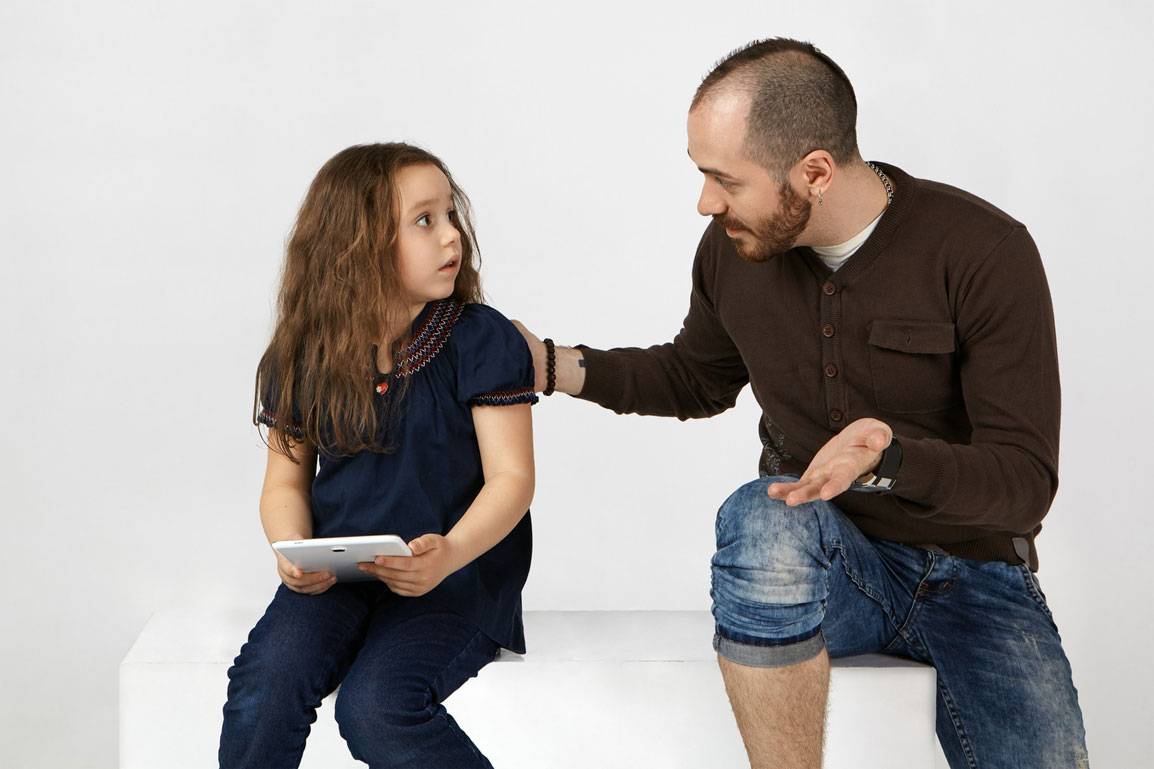What Rights Does a Father Have During a Custody Case in Georgia?
Facing a custody case and visitation rights can feel more overwhelming and challenging for fathers. Compared to a mother’s inherent rights concerning their children at birth, a father’s rights are often more complicated. Many of them are thinking that the court will show bias towards mothers in child custody and visitation cases, but it’s not.
Georgia is a populous state in the United States with a wide range of destinations, from beaches to mountains and waterfalls. Georgia is also home to families navigating important legal issues that impact their everyday lives. One of those issues involves child custody and visitations.
Georgia courts actually maintain gender-neutral practices. Fathers are entitled to the same rights as mothers unless there is a valid reason to prevent them from having access to their children. So, understanding father rights in child custody is more important.
Building the paternity, learning custody laws, and being aware of visitation rights are essential components for fathers seeking to assert their rights. This article explores these aspects, offering practical guidance and support for fathers navigating the legal system.
Defining Fathers’ Rights in Georgia
Georgia court laws consider both parents. In that way, fathers do have meaningful rights, and it also depends on how the relationship is legally established, and the court will also view the child’s best interest. Here are some key factors for a quick overview:
- If you and the child’s mother are married, you automatically share equal rights to child custody and visitation.
- If you are not married to the child’s mother, the scenario is different. An unmarried father must establish legal status; the process is called legitimation. Before you can seek child custody or visitation.
- Georgia law says there is no presumption that a father (or mother) automatically seeks child custody solely because of gender.
What a Father Should Do During a Custody Case
Here are some clear and essential steps to consider if you are a father and a practical process to follow:
- Check your legal status as the father. If you were married to the child’s mother when the child was born (or within 10 months after), you generally have parental rights that are applicable for child custody and visitation. If you are an unmarried person, you must petition for legitimation to build legitimate fatherhood before child custody or visitation rights apply.
- If the child custody and visitation are required, then file it. Once the father-child relationship is legally in place, you can move forward by filing for the child’s joint custody or parenting time rights in court. Then the court will approve it only if you and the child’s mother agree to the plan. Apart from the parents’ plan, the plan should be in the child’s best interest, which plays a crucial role in the custody.
- Some factors should be approved by the court, then the custody and visitation will take a further step. Those factors include each parent’s ability to offer the child a stable home, emotional ties to the child, the child’s age and wishes (especially if age 14+), and any history of abuse or neglect. There is no default assumption that the father is less capable simply because he’s male. So, prepare for the standards that surely meet the best interest of the child.
- Apart from focusing on the case, your demonstration of a responsible father will build a strong case and make you a meaningful parent. The involvement includes spending regular time with your child, caring for their needs, being part of schooling or other activities, and maintaining communication.
- Work with your lawyer and follow the necessary court orders. Maintain the essential documents like parenting plans and child support records for the future.
Key Takeaways
- A child’s fathers have rights in Georgia, but those rights relate to your legal status and your involvement in the child’s life.
- If an unmarried father wants to ask the court for child custody or visitation, he must first establish legal fatherhood through a process called legitimation.
- Georgia courts will always make decisions regarding child custody, visitation, and parenting plans based on the best interests of the child, not on whether the parent is the mother or father.



